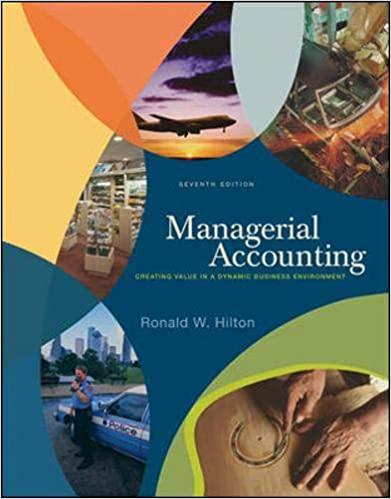Finger Lakes Winery is a small, family-run operation in upstate New York. The winery produces. Two varieties
Question:
1. Trimming: At the end of a growing season, the vines are trimmed. Which helps prepare them for the next harvest.
2. Tying: The vines are tied onto wires to help protect them from the cold. (This also occurs at the end of the season.)
3. Hilling: Dirt is piled up around the roots to help protect them from frost.
4. Conditioning: After the snow melts in the spring, dirt is leveled back from the roots.
5. Untying: The vines are untied from the wires to allow them freedom to grow during the spring and summer months.
6. Chemical spraying: The vines are sprayed in the spring to protect them from disease and insects.
7. Harvesting: All of both grapes of both varieties are picked by hand to minimize damage.
8. Stemming and crushing: Batches of grapes are hand-loaded into a machine, which gently removes the stems and mildly crushes them.
9. Pressing: After removal from the stemmer/crusher, the juice runs freely from the grapes.
10. Filtering: The grapes are crushed mechanically to render more juice from them,
11. Fermentation: The riesling grape juice is placed in stainless steel tanks for fermentation. ‘The chardonnay grape juice undergoes a two-stage fermentation process in oak barrels.
12. Aging: The riesling wines are aged in the stainless steel tanks for approximately a year. The chardonnays are aged in the oak barrels for about two years.
13. Bottling: A machine bottles the wine and corks the bottles.
14. Labeling: Each bottle is manually labeled with the name of the vintner. vintage, and variety.
15. Packing: The bottles are manually packed in 12-bottle cases.
16. Case labeling: The cases arc hand stamped with the same information that the bottles received.
17. Shipping: The wine is shipped to wine distributors and retailers, mainly in central New York. Generally, about 100 cases are shipped at a time. This is done during the slow winter months.
18. Maintenance on buildings: this is done during the slow winter months.
19. Maintenance on equipment: This is done when needed, and on a routine basis for preventive maintenance.
Required:
Classify each of the activities listed as a unit-, batch-, product-sustaining-, or facility-level activity.
Fantastic news! We've Found the answer you've been seeking!
Step by Step Answer:
Related Book For 

Question Posted:





